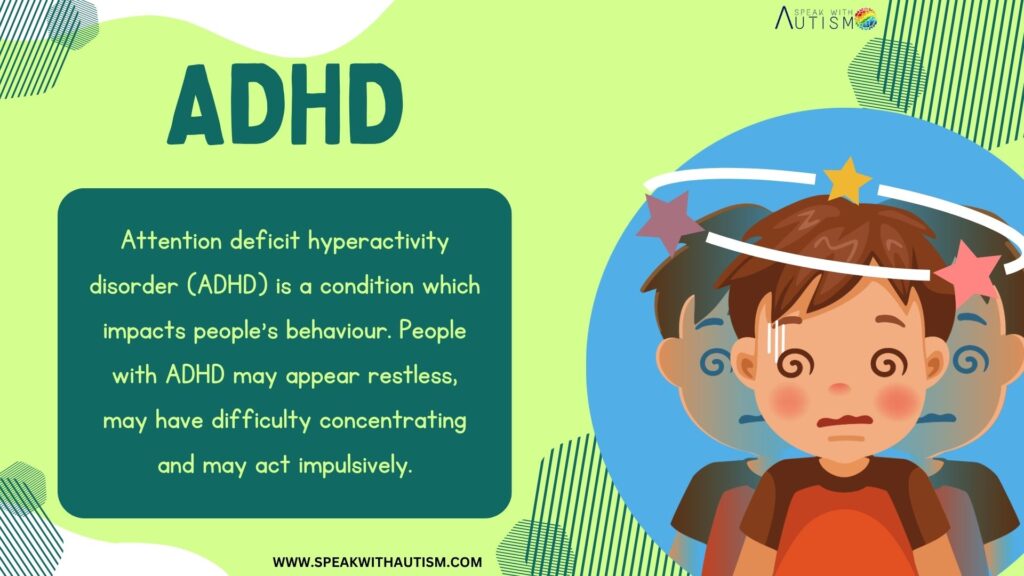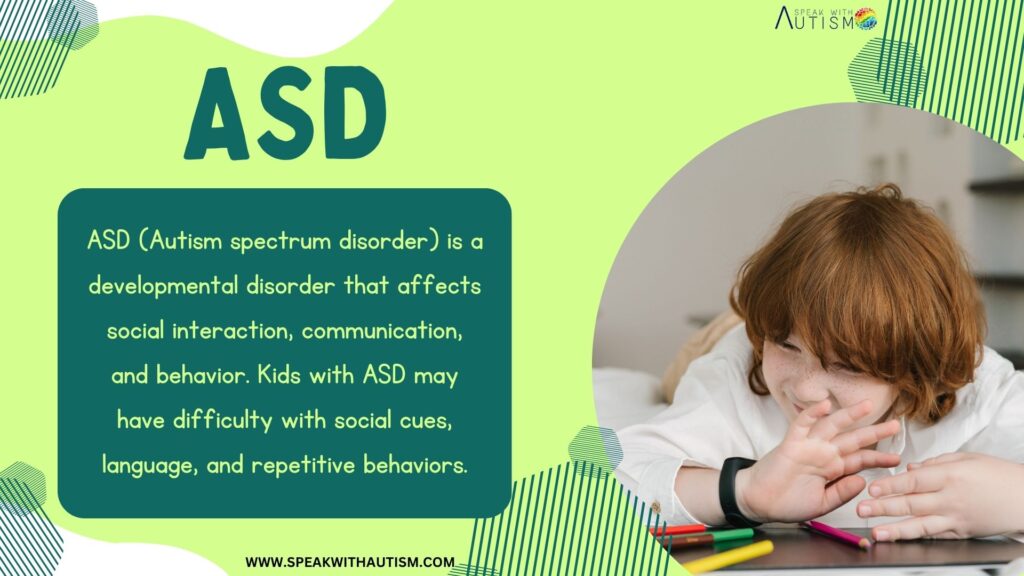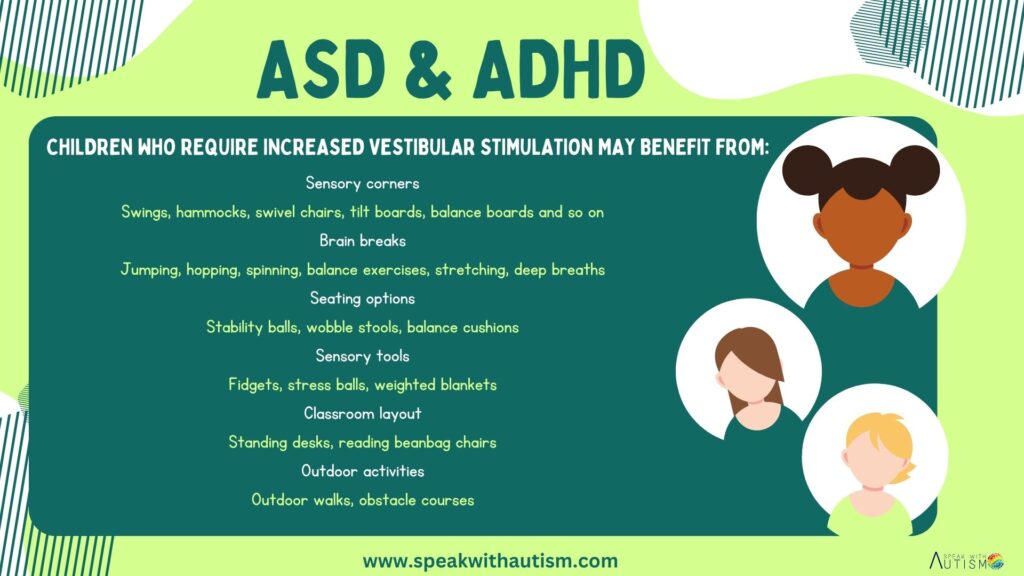ADHD (Attention Deficit Hyperactivity Disorder) and autism (Autism Spectrum Disorder) are both neurodevelopmental conditions, whose symptoms may sometimes seem similar. But these are some major differences between ADHD and Autism, which help us understand what our child is struggling with.
Table of Contents
What is ADHD?

- Difficulty in focus: Children with ADHD find it difficult to concentrate.
- Hyperactivity and impulsivity: These children are more active and react immediately without thinking.
- Lack of patience: It is difficult for them to spend long time on anything.
What is Autism?

- Challenges in social skills and language: It is difficult for autistic children to interact with people and understand language.
- Repeated Behavior: Children like to do the same work or activity again and again.
- Sensory Sensitivity: Children can be disturbed by some sound, light or touch.
4 main factors of Differences Between ADHD and Autism
1. Focus and Attention
- ADHD: Children’s attention gets distracted quickly, and they are not able to work sitting in one place.
- Autism: Children can focus on a single activity for hours.
2. Routine and Change
- ADHD: These children like to do new things and get bored of routine quickly.
- Autism: Children do not like changes in routine. They become uncomfortable with change.
3. Social Behavior
- ADHD: Children can understand social cues but are unable to behave properly due to impulsivity and distraction.
- Autism: It is difficult for children to understand social cues such as body language, facial expressions.
4. Streaming Behavior
- ADHD: The child can play with things (such as rotating a pen) to focus his attention.
- Autism: The child does this to calm himself, such as swinging or looking at one thing repeatedly.

When to seek help?
If these symptoms are seen in your child:
- His language and social skills seem different from other children.
- The behavior is different from the usual.
- There is a problem in concentrating or following the routine.
Then get your child evaluated immediately.
Starting therapy with the advice of a doctor will be very beneficial for the child’s development.
You are the biggest support for your child. Take timely steps and move in the right direction.
Frequently Asked Questions
How do I know if my child has ADHD (attention deficit hyperactivity disorder)?
Common symptoms of ADHD
Difficulty concentrating
Does he have difficulty paying attention to a task for long periods?
Does he often forget important things (such as toys, and books)?
Hyperactivity
Does he keep moving, even when he’s resting?
Does he talk too much or ask questions without stopping?
Impulsivity
Does he act without thinking?
Does he have trouble waiting for his turn?
If these symptoms are seen in your child, Then get your child evaluated immediately.
What are the differences between autism and ADHD?
Challenges in social interaction and communication, repetitive behaviors, and a strong preference for routines characterize autism. ADHD, on the other hand, is primarily marked by difficulties in maintaining attention and managing hyperactivity and impulsivity.
Autism and ADHD (Attention Deficit Hyperactivity Disorder) Which Disorder is More Severe?
ASD (Autism Spectrum Disorder): In severe cases, it can significantly limit independence and communication abilities.
ADHD (Attention Deficit Hyperactivity Disorder): While it can disrupt daily functioning, it is generally more manageable with appropriate support and treatment.
What challenges do autistic children face?
The impact of Autism Spectrum Disorder (ASD) can range from mild to severe. Most autistic children experience challenges in the following areas:
1. Difficulty with social interactions.
2. Issues with language and communication.
3. Sensitivity to changes in routines and a tendency toward repetitive behaviors.
What challenges do ADHD (attention deficit hyperactivity disorder) children face?
ADHD (attention deficit hyperactivity disorder) symptoms (hyperactivity, inattention, impulsivity) can make life challenging but are not typically considered dangerous. Most ADHD children experience challenges in the following areas:
1. Difficulty focusing or paying attention.
2. Impulsive decisions.
3. Risk of accidents due to hyperactivity or impulsivity.
